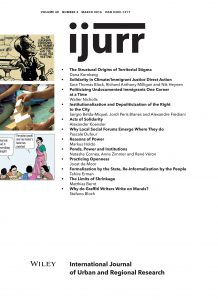Racist Language in the U.S.: Alive, But Not Well
[youtube=http://www.youtube.com/watch?v=giS0382sFjw]
by NickieWild
Is racist language still acceptable in the United States? As with most things in social science, the answer depends on the situation and people involved. Recently, the television program on the CBS network “Big Brother” self-censored an episode where two contestants used a derogatory term to describe fellow contestants who were of Mexican descent, as well as making anti-gay remarks. Compare this incident with former Georgia Senator and Governor Zell Miller’s statement that President Obama should be prevented from making trips abroad by fixing him in place using “Gorilla Glue.” Quoting Miller:
“Our globe-trotting president needs to stop and take a break and quit gallivanting all around. I think (chief of staff) Rahm Emanuel ought to get some Gorilla Glue and put it in that chair in the Oval Office and say ‘Sit here awhile.’”
This is a real product, but the racial overtones are hard to ignore. Some have questioned Miller’s use of this terminology (instead of using the more traditional reference to “Krazy Glue”). Clearly, racial slurs, whether overt or covert, are still used frequently. But they seem to be much more likely to get negative attention than ever before. Sociologist Eileen O’Brien explores this issue and writes on why people choose to adopt “antiracist” stances.




1540-6210/asset/society_affiliation_image.gif?v=1&s=812a48e1b22880cc84f94f210b57b44da3ec16f9)
Hmm. It seems that “Super Glue” would have been an even safer choice than “Krazy Glue.”
I am particularly interested in O’Brien’s discussion of Antiracisms. It seems that with the continued perpetration of racist statements and actions (e.g. arrest of Henry Louis Gates in Cambridge), there is still much to change.
Keri